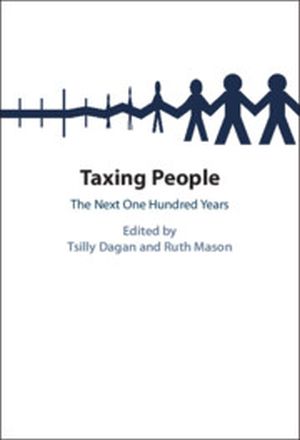
The modern international tax system is a complex framework of national laws, bilateral treaties, and multilateral agreements aimed at coordinating state tax entitlements. Historically, taxation was based on political allegiance, but globalization and increased mobility introduces new challenges. As more people and businesses operate across borders, it becomes harder to determine which states have the right to tax them. Fragmentation of individuals' economic and political lives has complicated states' abilities to balance liberty, justice, and collective decision-making.
Taxing People addresses taxes on individuals, which are crucial for providing public goods, promoting justice, and legitimizing state power. Exploring the future of individual taxation, the book focuses on global tax governance, social changes like remote work, and the evolving relationship between people and states in a globalized economy.